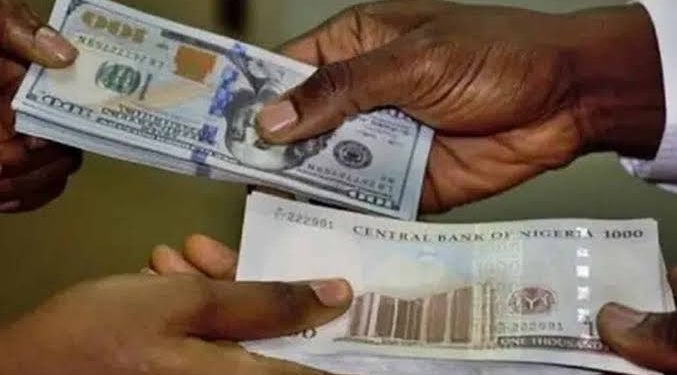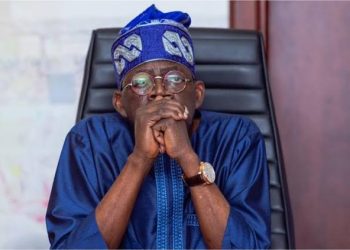The Nigerian currency, the naira has experienced a significant decline against the US dollar on Tuesday, falling to an average of 1,030 naira per dollar in the parallel market.
This represents an 8.42 percent decrease compared to its closing rate of 950 naira per dollar over the weekend.
Currency traders, also known as Bureaux De Change operators, attribute this fall to speculators reacting to the Central Bank of Nigeria’s move last week to clear some of its foreign exchange backlog.
The Central Bank of Nigeria’s (CBN) recent move to clear its foreign exchange backlog had initially led to an appreciation of the naira.
However, speculators are now reacting to the perceived lack of continuous injection of funds by the central bank.
Additionally, individuals who had purchased the dollar at a higher rate are resisting its fall in value and are not willing to incur further losses.
The Association of Bureaux De Change Operators of Nigeria (ABCON) has emphasized the need for continuous injection of liquidity into the foreign exchange market and for the CBN to instill confidence in the market.
They also called for clarity on how liquidity will be introduced into the retail sector, particularly the parallel market. Currently, there is limited information on this matter, and the uncertainty is contributing to the decline in the value of the naira.
The depreciation of the naira against the US dollar has been a concern for the Nigerian economy. The decline in the value of the naira makes imports more expensive, leading to higher inflation and a decrease in purchasing power.
It also creates uncertainty for investors and can discourage foreign direct investment.









